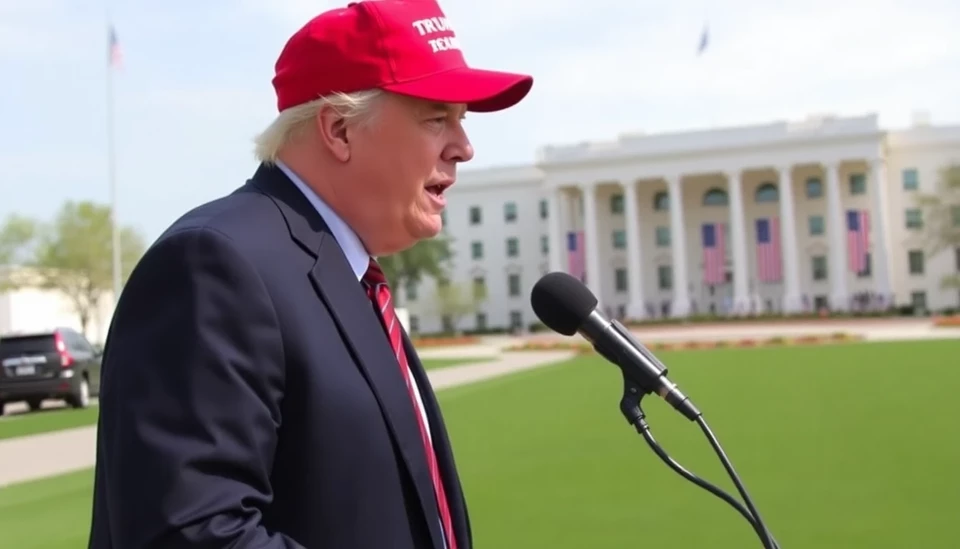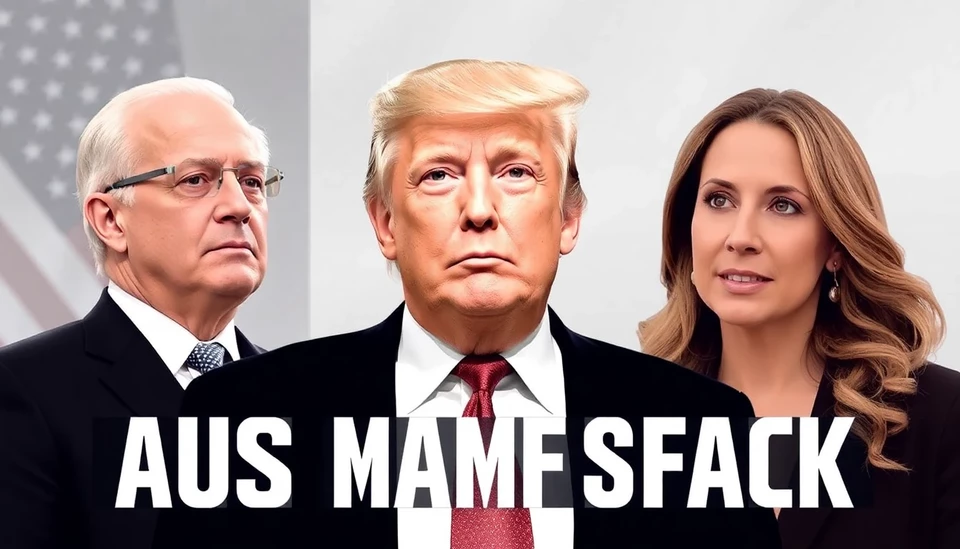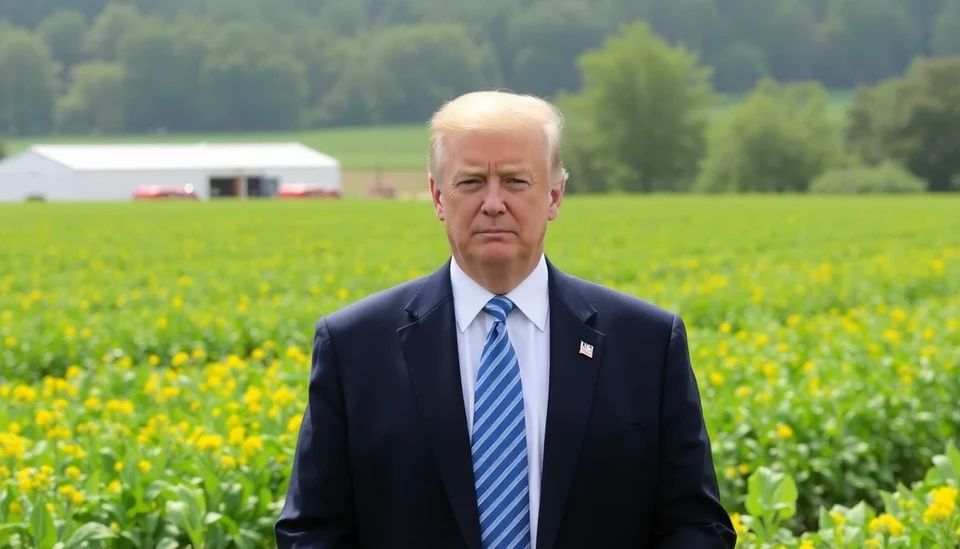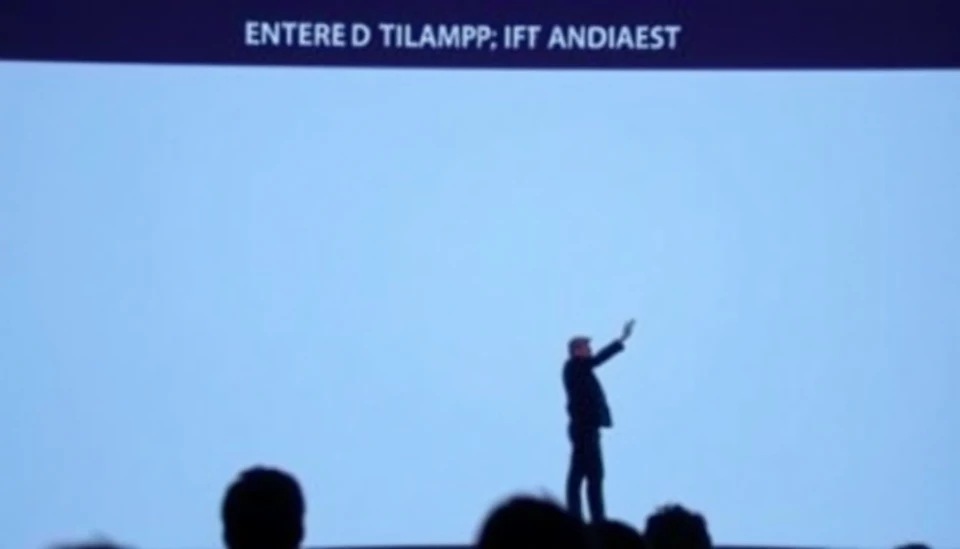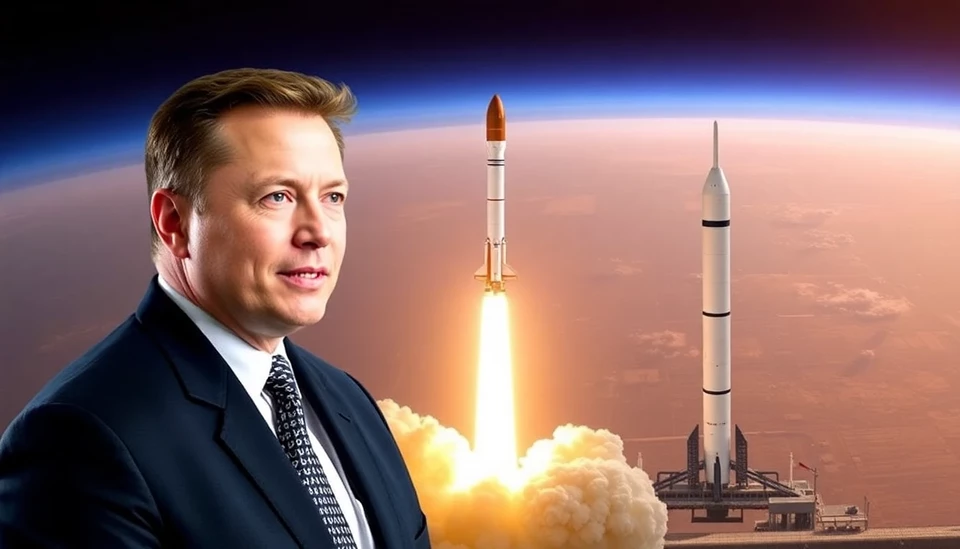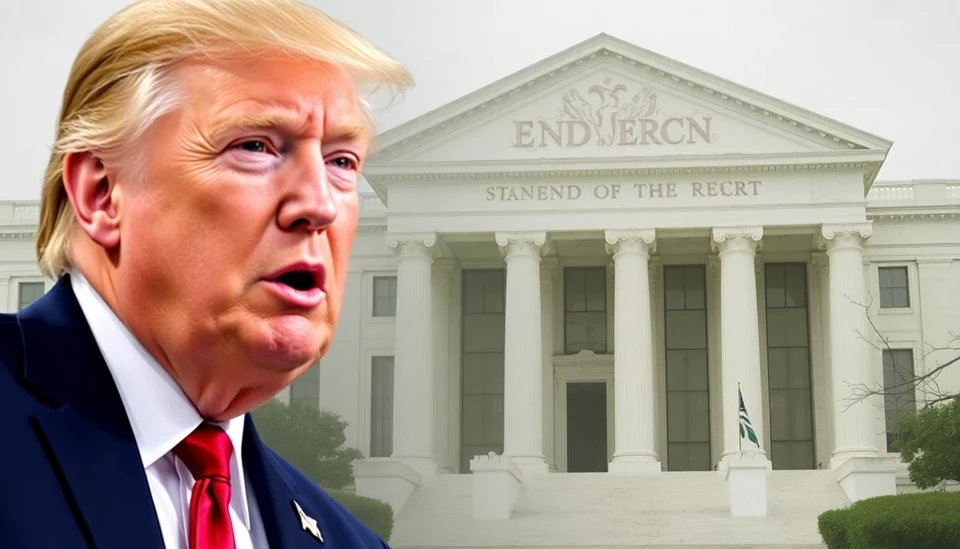
In a significant development in the lead-up to the 2024 presidential election, former President Donald Trump's pick for Treasury Secretary has made headlines by proposing unconventional approaches to the U.S. economy. The nominee, known for his nontraditional views, has suggested the establishment of a "shadow" Federal Reserve and expressed a desire to maintain a weaker dollar. These proposals are stirring debate among economists and policymakers alike, as they signal a potential shift from conventional monetary policy practices.
The nominee's vision for a shadow Federal Reserve includes the potential to create an alternative economic advisory body that operates outside of the traditional Federal Reserve framework. This body would presumably provide insights and guidance on economic policy without the constraints of existing regulatory movements. Advocates of this idea argue that such a structure could introduce innovative solutions to address financial challenges. However, critics are wary, voicing concerns that it may undermine the credibility of the existing Federal Reserve and contribute to instability in financial markets.
Moreover, the nominee's stance on promoting a weaker dollar is expected to be contentious. By advocating for a less robust currency, he aims to enhance the competitiveness of U.S. exports, potentially boosting the manufacturing sector and addressing trade imbalances. Proponents of this strategy believe that it could stimulate economic growth in a time of global competition. Nevertheless, many economists warn that a sustained weaker dollar could lead to inflationary pressures and erode purchasing power for American consumers.
This appointment and the associated policy proposals are likely to evoke strong reactions across various sectors, from financial markets to international trade. The implications of such changes could reverberate through Wall Street, affecting investor confidence and economic forecasting. As the election campaign unfolds, the response from rival political factions and industry experts will be closely monitored.
In the context of broadening economic focus and reforms, Trump's nominee's suggested policies reflect a return to some unorthodox economic strategies reminiscent of previous administrations. With the potential for dramatic shifts in fiscal policy, stakeholders from all sectors will need to prepare for a landscape that may be markedly different from previous norms.
As the situation continues to develop, it remains critical for the public and decision-makers to engage in constructive dialogue around these proposals, weighing their potential benefits against conceivable risks. The future of U.S. economic policy could hinge on the effectiveness and reception of such radical ideas in the current political climate.
#TrumpNominee #TreasurySecretary #ShadowFed #WeakerDollar #EconomicPolicy #2024Elections
Author: Daniel Foster
